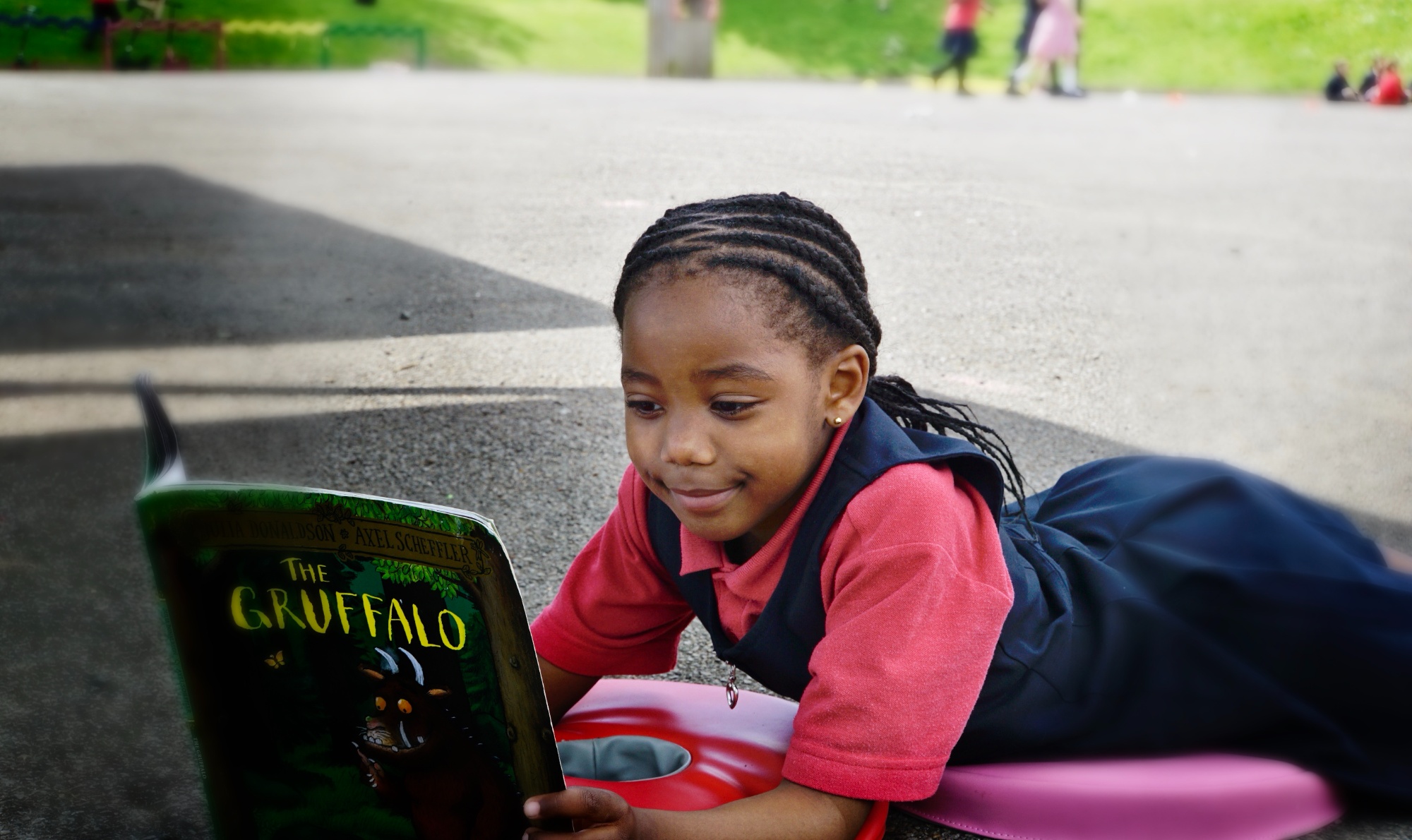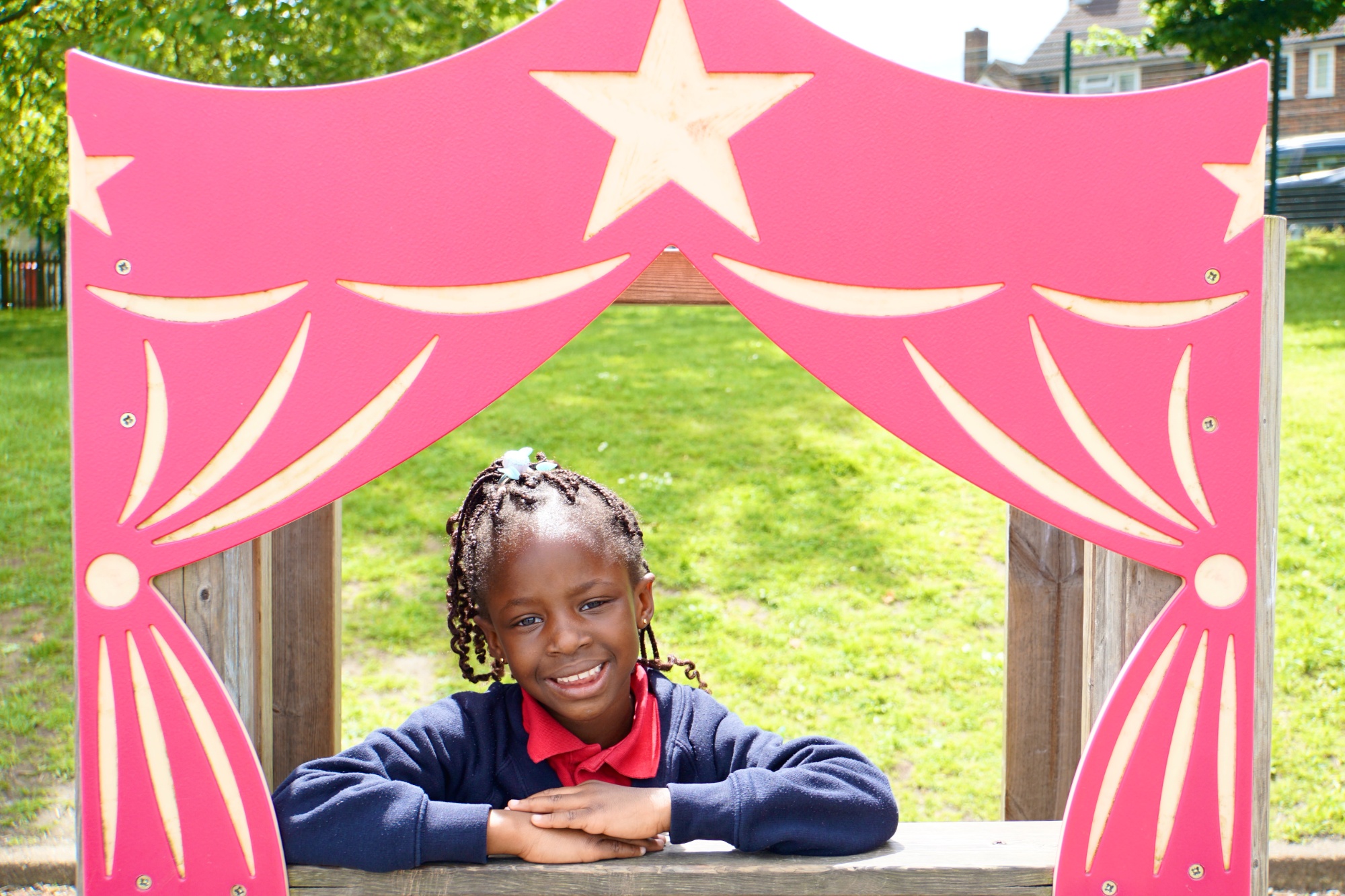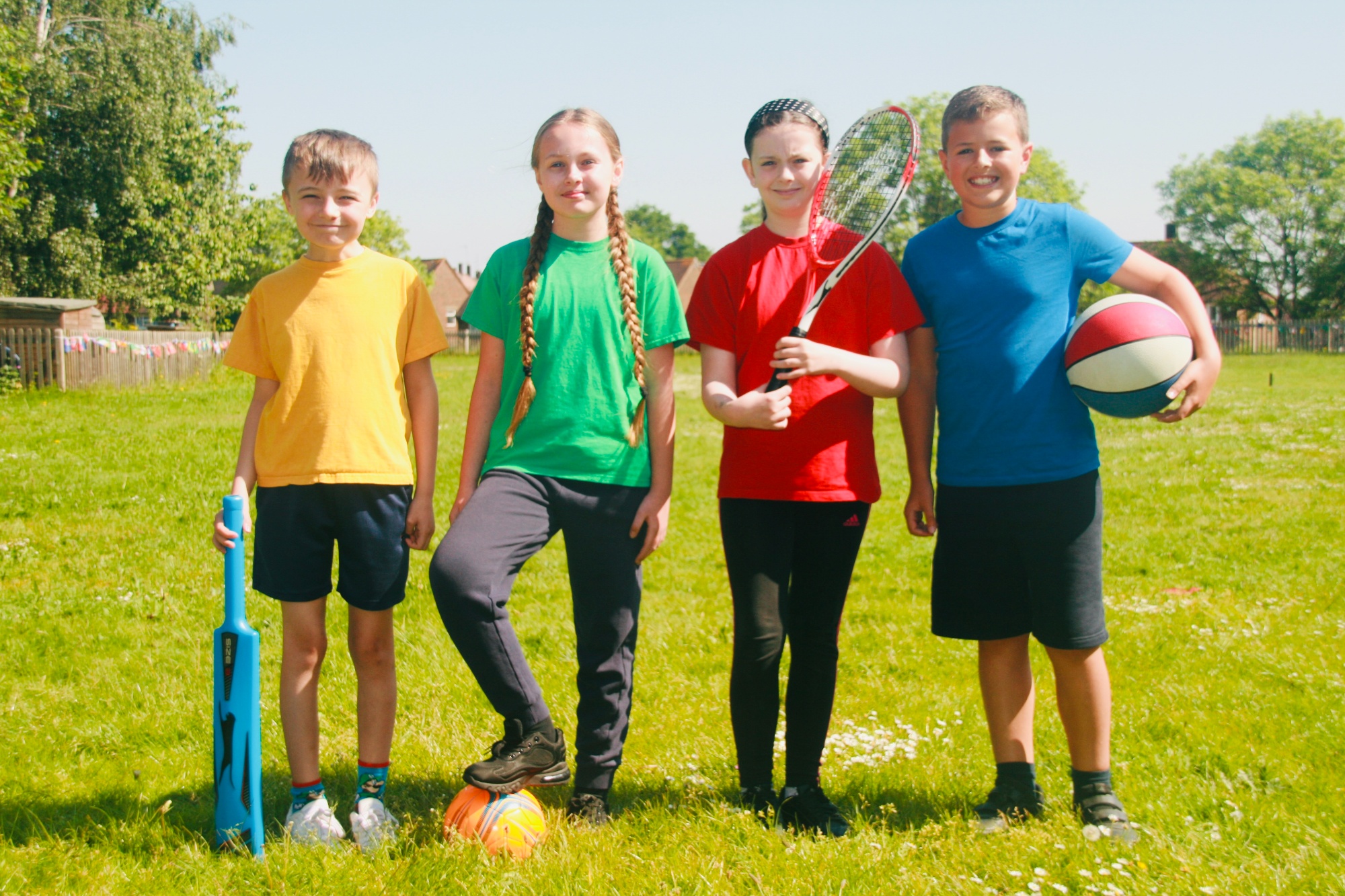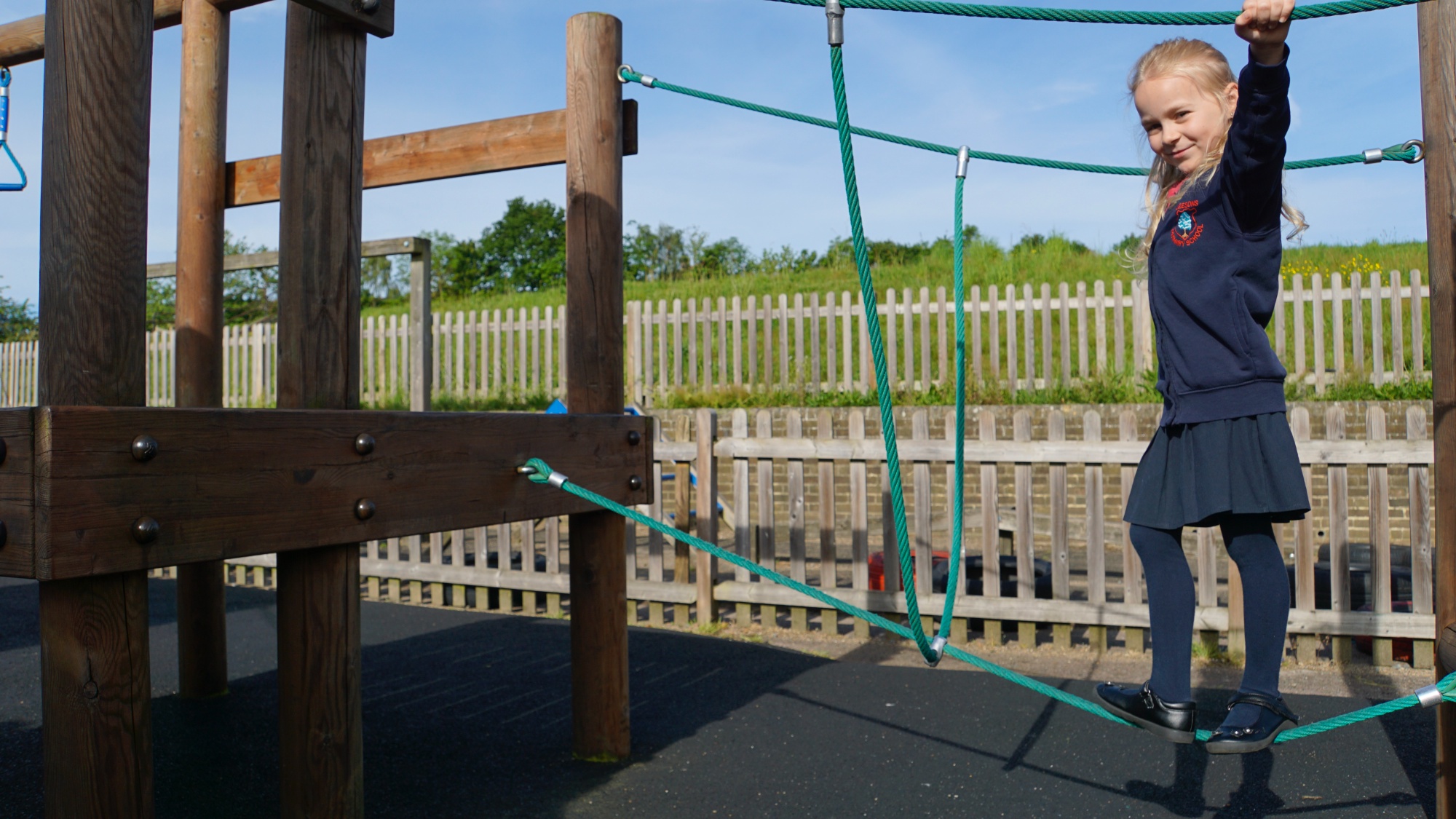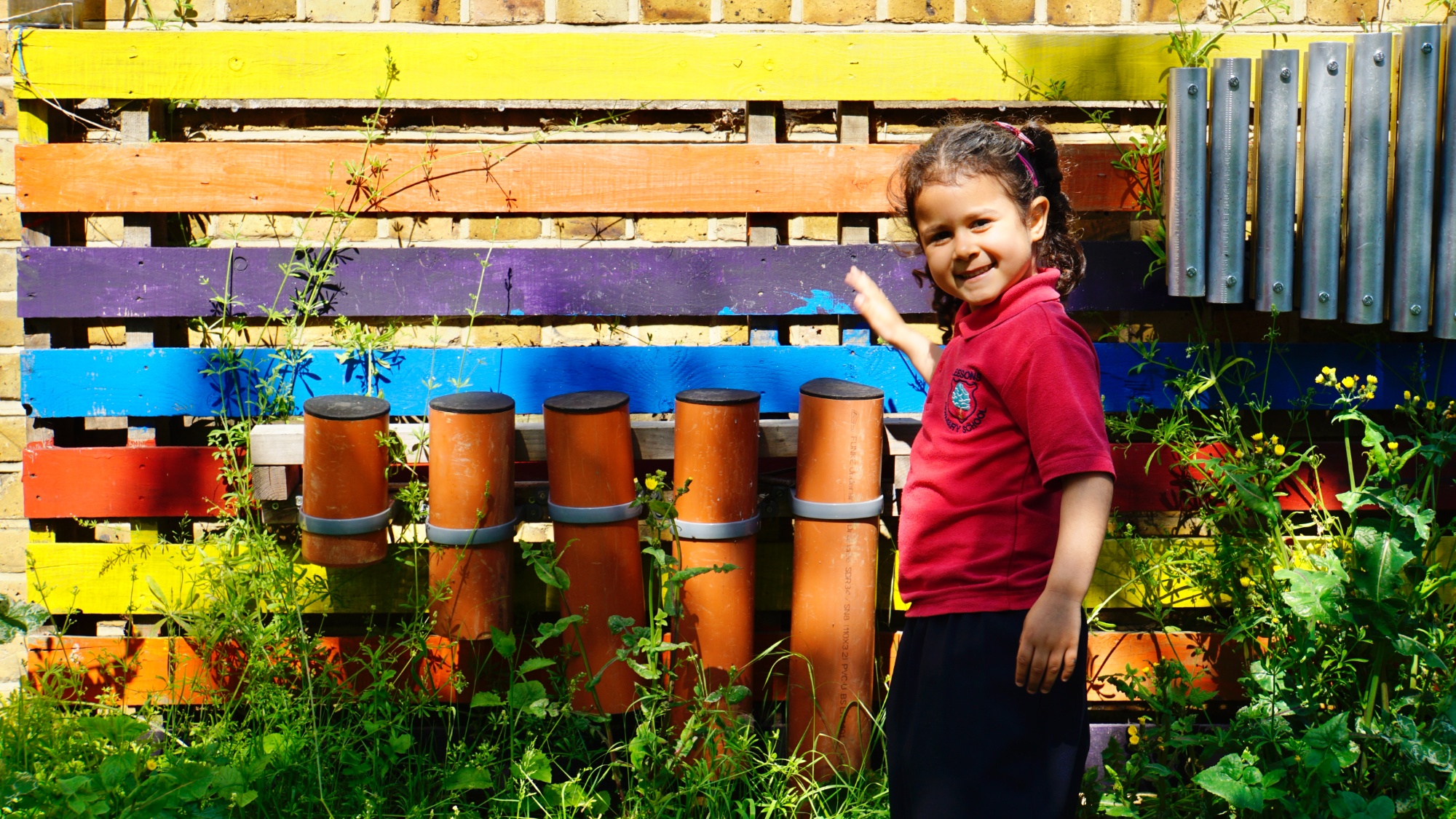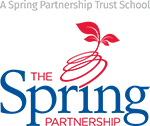Computing and E-Safety
Our Computing Mission Statement
At Leesons Primary School we embrace current and emerging technologies to facilitate the learning experience of the whole school community.
We aim for our children to be confident, competent and discerning users of digital technology which will prepare them for participation in a rapidly changing world.
Through well trained, skilled and motivated staff, as well as parental and external support, we encourage children to develop initiative, independent learning skills and celebrate success.
Our children have opportunities to gain rapid access to ideas and experiences from a wide range of people, communities and cultures.
All stakeholders model how to use technology safely, respectfully and responsibly.
Our Computing Curriculum
At Leesons Primary School Computing is integrated across the curriculum with every class having technology embedded in the form art interactive whiteboards, visualisers and Ipads, as well as Chrome books.
We also have a number of portable trolleys of Chrome books which are great for small hands and can be used in any classroom; there are enough of these that every child in a class can use one in dedicated ICT lessons and to enhance learning in other curriculum areas. The ICT lessons are where children learn about safe use of the internet, programming and end user applications.
Pupils with special educational needs can also have access to laptops and tablets to aid their learning.
At Leesons, we see the development of Information Communication Technology as a vital skill that children need to succeed in the modern world. It is cross-curricular and we see the development of computing skills as crucial to the child’s ability to succeed in and out of school.
We run a challenging and exciting Computing curriculum across all schools in the Spring Partnership Trust. We aim for our children to be confident, competent and discerning users of digital technology which will prepare them for participation in a rapidly changing world.
The National Curriculum for Computing (released in 2014) specifies that Primary Computing should include the overall areas of Computer science, Digital literacy and Information technology. To ensure progression across years groups and to guarantee an exciting and relevant computing scheme for all pupils, we have split these three areas into several streams: E-Safety, Typing skills, Algorithms & programming, Digital art & design, The Internet/World Wide Web, Digital sound and music and key Google applications. There are also some immensely fun standalone units such as Codes & codebreaking and Dragons Den!
Every week, children across all year groups take part in discrete Computing lessons. These lessons typically include quizzing, discussion, great teaching and a variety of practical tasks that the children complete using an individual/shared Chromebook. To ensure that teachers across the Trust deliver these lessons effectively, Computing Subject Leads across all schools meet regularly and provide ongoing coaching/support to all staff members.
Our Key Stage 1 Curriculum
Computer Science
- understand what algorithms are; how they are implemented as programs on digital devices; and that programs execute by following precise and unambiguous instructions
create and debug simple programs - use logical reasoning to predict the behaviour of simple programs
Information Technology
- use technology purposefully to create, organise, store, manipulate and retrieve digital content
Digital Literacy
- recognise common uses of information technology beyond school
- use technology safely and respectfully, keeping personal information private; identify where to go for help and support when they have concerns about content or contact on the internet or other online technologies.
Our Key Stage 2 Curriculum
Computer Science
- design, write and debug programs that accomplish specific goals, including controlling or simulating physical systems; solve problems by decomposing them into smaller parts
- use sequence, selection, and repetition in programs; work with variables and various forms of input and output
- use logical reasoning to explain how some simple algorithms work and to detect and correct errors in algorithms and programs
- understand computer networks including the internet; how they can provide multiple services, such as the World Wide Web
- appreciate how [search] results are selected and ranked.
Information Technology
- use search technologies effectively
- select, use and combine a variety of software (including internet services) on a range of digital devices to design and create a range of programs, systems and content that accomplish given goals, including collecting, analysing, evaluating and presenting data and information.
Digital Literacy
- understand the opportunities [network] offer for communication and collaboration
- be discerning in evaluating digital content
- use technology safely, respectfully and responsibly; recognise acceptable/unacceptable behaviour; identify a range of ways to report concerns about content and contact.
Useful Computing Websites
(please note these links will take you to external websites)
BBC Computing website - http://www.bbc.co.uk/schools/0/computing/
The National Museum of Computing - http://www.tnmoc.org/learn/support-parents
National Association of Advisors for Computers in Education - www.naace.co.uk/
Computing at School - www.computingatschool.org.uk/ Computing at School
Scratch - http://scratch.mit.edu/
E-Safety Curriculum
As a trust we have a strong commitment to E-Safety and ensure it is at the forefront of our computing curriculum. Starting in EYFS and building up to Year 6 we aim to ensure our pupils are confident, competent and discerning users of digital technology to prepare them for participation in a digital world.
Our e-safety curriculum covers eight main themes: self-image and identity; online relationships; copyright and ownership; online reputation; online bullying; privacy and security; managing information online and health, well-being and lifestyle. E-safety is taught discreetly and is recapped through quizzing in weekly computing lessons, through regular assemblies and celebration events such as Safer Internet Day.
Our e-safety lessons have been designed with our pupils at the forefront and are tailored towards how they spend their time online. We will continue to adapt our lessons as the use of technology changes over time.
We use e-safety texts in each year group to encourage discussion, reflection, shape thinking and challenge misconceptions.
At Leesons Primary School, we know the importance of helping to keep our learners safe online. As the digital world continues to develop we have to educate children on the potential dangers they may encounter and what to do if they have worries or concerns linked to online activities. We cover this through: our learning in Computing; assemblies and sessions in class.
This brilliant acrostic was written by a Year 5 student, at one of our Trust Schools, to help remind us of the importance of e-Safety.
E safety is very useful when you’re online
S mart means you have to be sensible online
A ccepting emails might be dangerous if you’re not careful
F eelings might be part of the internet
T ell your parent if something has happened on the internet
E veryone must be safe online
Y es it’s ok to have fun but be you need to be safe!
Here are some useful e-safety websites:
http://www.childnet.com/ - tips, games and internet safety information
https://www.commonsensemedia.org/ - book, film & game reviews for parents
https://www.thinkuknow.co.uk/ - e-safety advice for a range of age groups
https://parentzone.org.uk/ - information on digital parenting
https://www.getsafeonline.org/ - advice for parents
https://www.internetmatters.org/ - advice for parents
https://www.bbc.com/ownit - very current advice for children
https://esafety.gov.au/complaints-and-reporting/cyberbullying-complaints/social-media-services-safety-centres - a guide to every social media app includes links for reporting, policies and key information.
If you would like more information, or have any concerns please contact on of our Deputy Safeguarding Leads, in the first instance.
These links will take you to the CEOPS Think U Know website which offers advice on staying safe online.
Advice for children aged 5 - 7: http://www.thinkuknow.co.uk/5_7/
Advice for children aged 8 - 10: http://www.thinkuknow.co.uk/8_10/
Advice for parents: https://www.thinkuknow.co.uk/parents/
